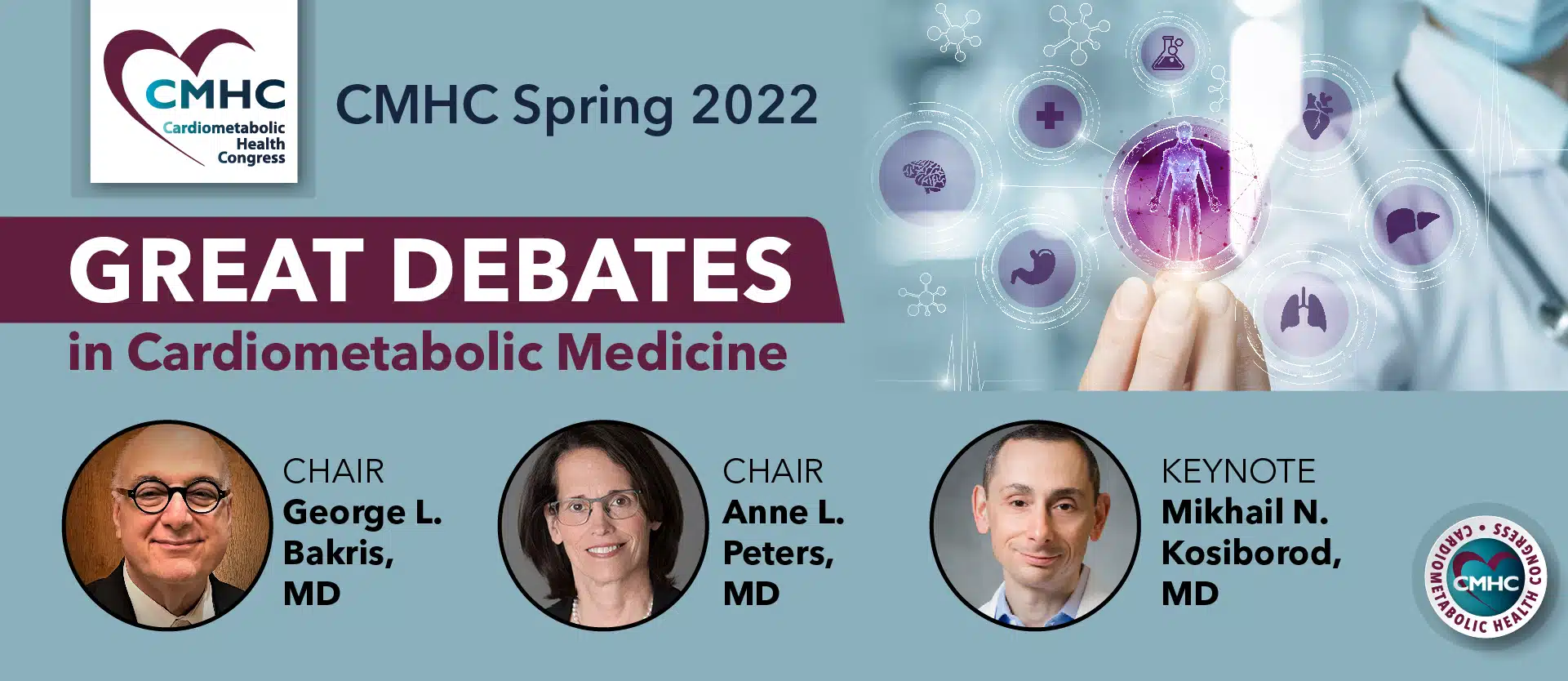 As the number of Americans with heart disease increases, medical and health experts have been forced to come to terms with the enormous and far-reaching impacts of cardiovascular disease: the primary killer in the U.S., responsible for approximately 1 in every 4 deaths. Data recently released by the National Health Center for Health Statistics indicates that heart disease took over 633,000 lives in the past year—a 0.9 percent increase from the previous year, and the first upward spike since 1999.
As the number of Americans with heart disease increases, medical and health experts have been forced to come to terms with the enormous and far-reaching impacts of cardiovascular disease: the primary killer in the U.S., responsible for approximately 1 in every 4 deaths. Data recently released by the National Health Center for Health Statistics indicates that heart disease took over 633,000 lives in the past year—a 0.9 percent increase from the previous year, and the first upward spike since 1999.
A sustained rising trend has prompted scientists to evaluate and assess the methods and protocols that have traditionally been used to treat heart disease; Dr. Steven Houser, president of the American Heart Association, has articulated the need for more progress—with a targeted focus on prevention.
Historically, the treatment for cardiovascular disease has involved identifying the disease once it exists, and subsequently treating it. However, stopping the disease before it even manifests is far more preventive and effective, and can be achieved by identifying new genetic and molecular factors and markers that put certain individuals at risk.
There is much to be discovered about the fundamental underpinnings of coronary heart disease, and the American Heart Association has undertaken extensive research goals in an attempt to both increase cardiovascular health, and reduce cardiovascular mortality. While the goals are ambitious, the primary obstacle to decreasing the mortality rate of heart disease is lifestyle choices.
A plethora of research throughout the past decades has definitively established that a healthy diet, regular exercise, avoidance of tobacco products, and the utilization of medication to control blood pressure and cholesterol can collectively drastically reduce the risk of heart disease. The challenge lies in communicating the age-old message to Americans: the need for behavior change.
Dr. David Goff, current director of the Division of Cardiovascular Sciences at the National Heart Lung and Blood Institute, believes that redoubling efforts to focus on prevention will yield significant declines. “While heart disease is the leading cause of death, it is not an insurmountable problem.”

















